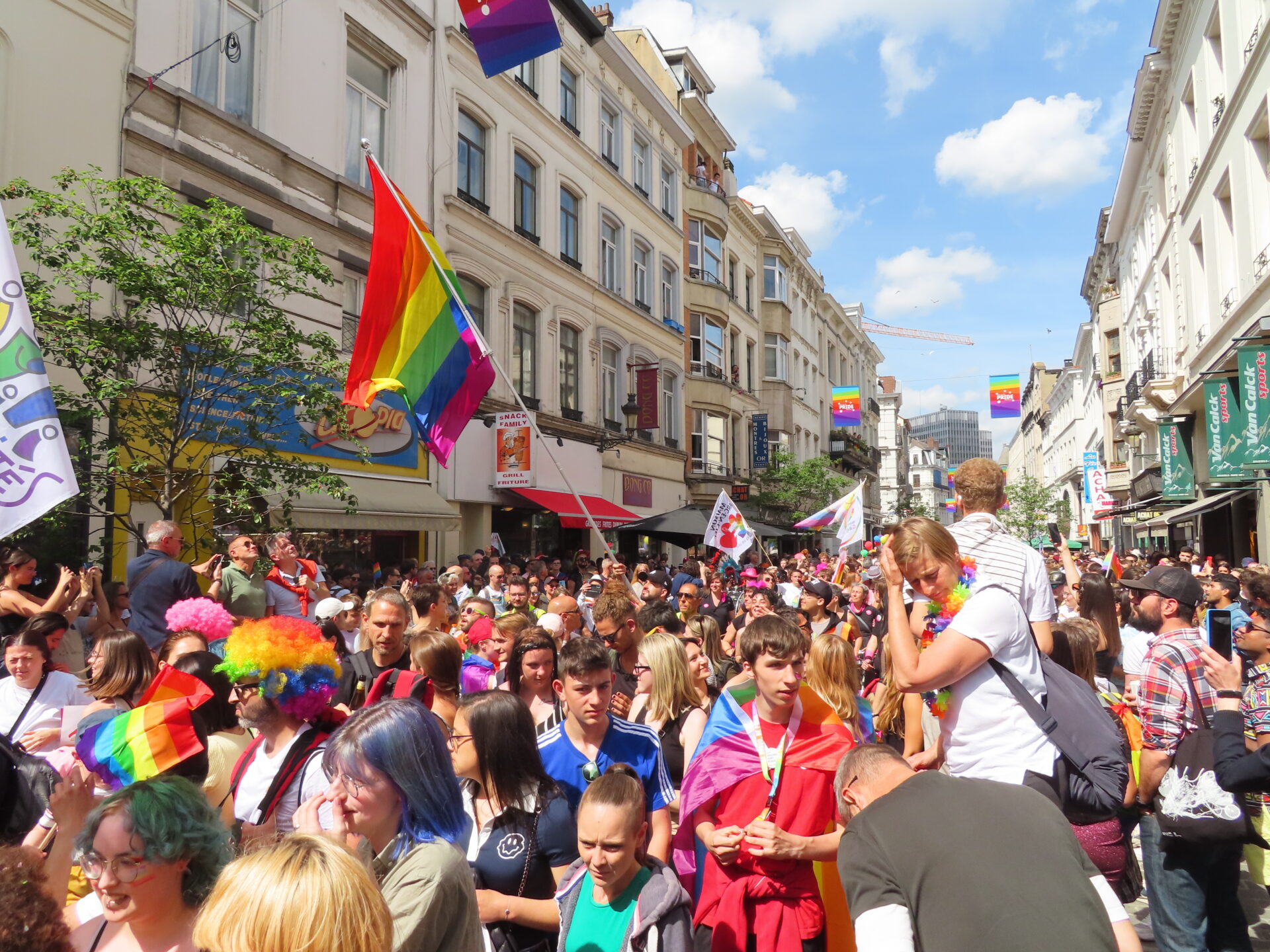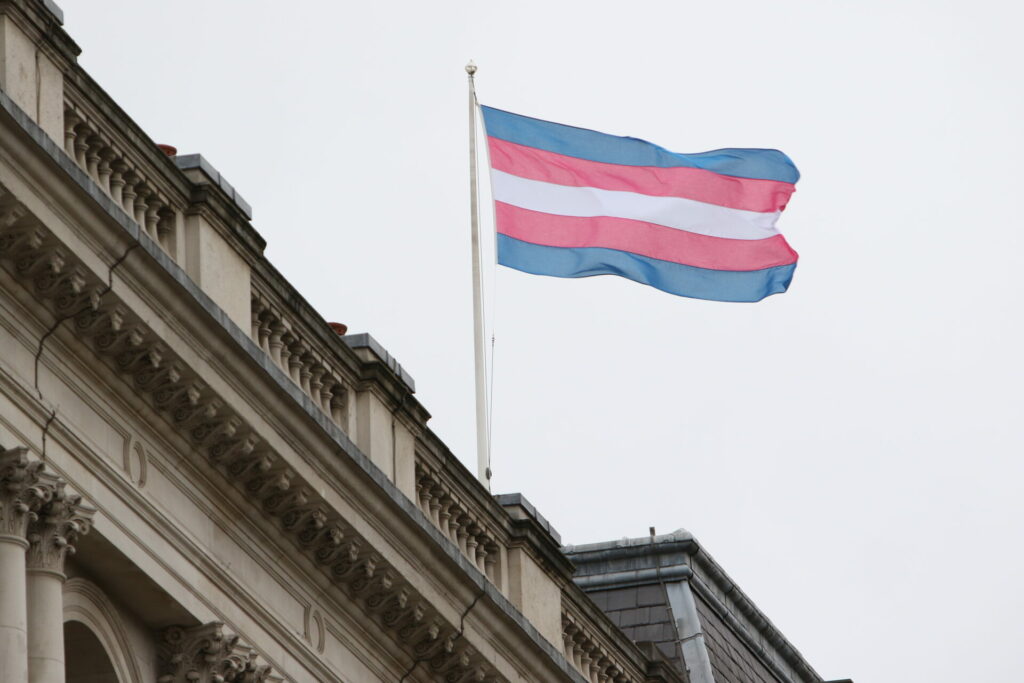Belgium ranks among the worst countries in Europe for violence against transgender people. Despite legal changes to prevent this form of discrimination, the issue needs to be tackled at the source, the Institute for Equality of Women and Men (IEWM) has argued.
Increasingly, more attention is paid to transgender themes, both politically and socially. Yet at the same time, the anti-gender movement is becoming more active and visible, according to Jonas Deweer-Vanmeerhaeghe, Trans, Gender Identity and Expression and Intersex expert at the IEWM.
"Although people are more engaged with the issue, the anti-gender movement that promotes non-scientific information on the topic has inflamed discussion," he told The Brussels Times.
Deweer-Vanmeerhaeghe says that the issue is multifaceted but the key factor driving discrimination against transgender people is the fact that it "questions the core of our social system, which is mostly heteronormative and binary. Some people still really have a hard time dealing with this."
More open-minded, but also more violent
"In our work at the Institute, we notice that violence against trans persons is increasing," Deweer-Vanmeerhaeghe said. One 2020 study showed that 14% of Belgian LGBTQIA+ respondents have experienced physical or sexual attacks based on gender identity in the previous five years.
"In the whole of Europe, only two countries are doing worse. When you look specifically at trans people, this percentage even increases to 19%."
After the Pride Parade in Brussels on 21 May, one 13-year-old transgender boy and his family were attacked by a group of young people, which according to the family, was an attack based on his gender identity and sexual orientation.

Belgian Pride 2022. Credit: Ugo Realfonzo / The Brussels Times
Research, including one attitude study by the UGent, has shown that although the opinions towards gender minorities have improved among young people compared to older generations, meaning they are more open-minded, they score higher on active transphobia (such as being likely to turn to violence) than older generations.
At the same time, trans persons in younger generations are doing their coming outs earlier than before, and are thus more visible.
"These evolutions may also explain why cases of transphobic violence have increased in recent years," Deweer-Vanmeerhaeghe said.
Importantly, the figures that are available about increased violence based on gender identity fail to represent the everyday reality of transgender people.
One 2017 IGVM study showed that just 10.6% of transgender respondents ever reported experiencing discrimination (a decrease of almost 7% compared to 2007). "There is a very large dark number of these events."
Effective prosecution needed
Justice Minister Vincent Van Quickenborne recently introduced a bill to include gender identity and gender expression as “discriminatory motives” in the criminal law as a whole.
Despite this move, which Deweer-Vanmeerhaeghe said is an "important symbolic step," this in itself is not enough to encourage more people to report such acts of violence or to tackle the issue as a whole.
He argued that the police and justice system need better training when it comes to interacting with trans and gender diverse persons.
"Many trans people had bad experiences when they came into contact with the police. They feel that they are not taken seriously or that they are not welcome, which also raises the threshold for a complaint."
Even if facts are reported, little is done with complaints at the moment. "If there is a court case, it does not often lead to a conviction, and the discriminatory grounds are rarely applied. Again, consequently, there is a very low willingness to report within the LGBTQIA+ community because there is little belief in effective prosecution."
Related News
- Belgians considering gender reassignment must wait average of 15 months
- 'Not enough to be tolerant': 100 actions to make Belgium more LGBTQ friendly
- Trans boy and family attacked in Brussels following Pride parade, three arrested
Deweer-Vanmeerhaeghe stressed that a more effective follow-up is needed. "And there will have to be zero tolerance for this kind of behaviour."
Most importantly, the issue needs to be tackled starting at the source of the problem — that many people still have difficulty with anyone who questions the binary heteronormative division of society and those who break away from traditional gender roles.
"As long as policymakers do not defend gender diversity and inclusivity, and mainstream this in every domain, I don't think we can expect the attitudes of the population to change very quickly. Tackling only the worst cases of violence is not enough," Deweer-Vanmeerhaeghe concluded.

